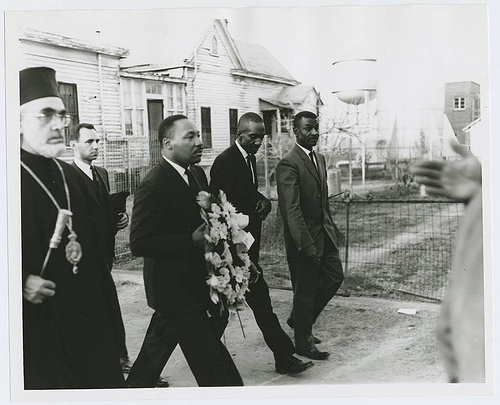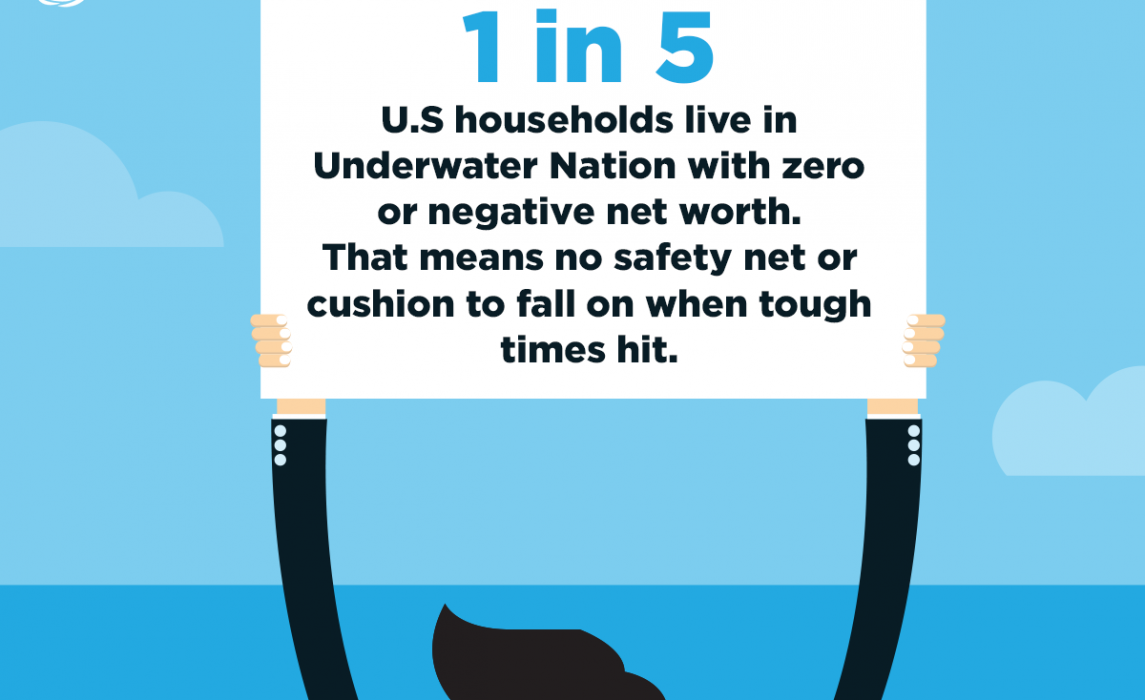
Penn State Special Collections Library / Flickr
April 4 marks the 50th anniversary of the day Martin Luther King, Jr. was assassinated.
Just after 6 p.m. on April 4, 1968, King was fatally shot while standing on the balcony outside his second-story room at the Lorraine Motel in Memphis, Tennessee.
American history rightly honors King as one of the most celebrated civil rights leaders. Growing up, I remember learning about his famous “I Have A Dream” speech. In school, my teachers always highlighted him as a peaceful, non-violent protester against segregation, and a preacher who promoted messages of love and justice for all.
He was all those things. But that’s only one part of King’s legacy.
King was actually very radical about his vision of change for America. He didn’t just criticize segregation — he recognized the need for deep, structural changes to our whole economic and political systems.
King identified three evils plaguing western civilization in a speech at the National Conference on New Politics in 1967. The United States, King said, is suffering from “the sickness of racism, excessive materialism, and militarism” — a sickness that “has been lurking within our body politic from its very beginning.”
“We have diluted ourselves into believing into believing the myth that capitalism grew and prospered out of the Protestant ethic of hard work and sacrifice,” King observed. But “the fact is capitalism was built on the exploitation and suffering of black slaves and continues to thrive on the exploitation of the poor — both black and white, both here and abroad.”
King foreshadowed that if we maintain our exploitive economic and political systems, then we’d get not only racial apartheid, but economic apartheid as well.
He was right. Nearly 51 years after that speech, we’re still heading in that direction.
A recent report from the Institute for Policy Studies found that just three people — Jeff Bezos, Bill Gates, and Warren Buffet — own more wealth than the bottom half of the country combined. “The Forbes 400 list altogether own $2.68 trillion in wealth, more than the GDP of Britain, the world’s fifth richest country,” the report notes.
On the other end of the spectrum, one in five Americans have zero or negative wealth. The proportion grows larger when we break it down by race, rising to 30 percent of black families and 27 percent of Latino families.
